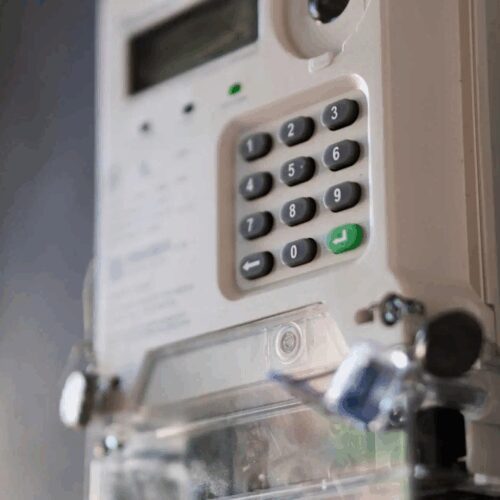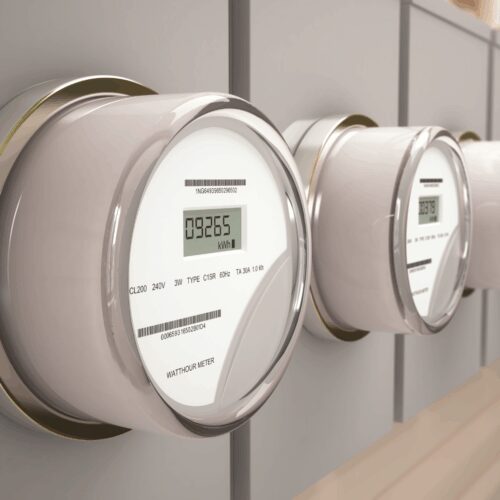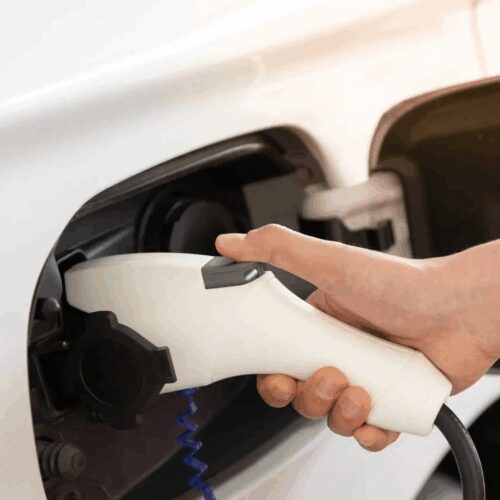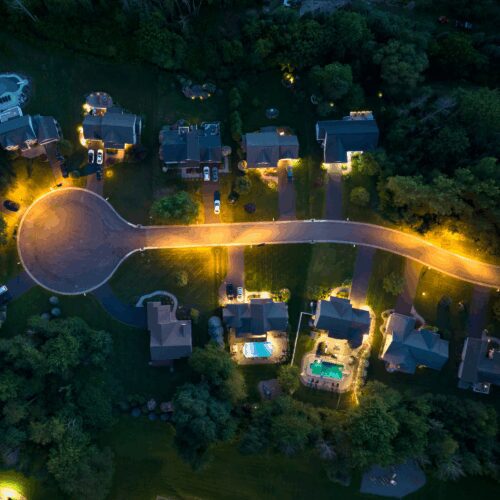Come for the Free Waffles, Stay for the Chance to Decarbonize the Grid
Director of Product Management at Virtual Peaker, Brenda Chew discusses gamification and how it can help decarbonize the grid.

Director of Product Management at Virtual Peaker, Brenda Chew discusses gamification and how it can help decarbonize the grid.

Sign up for our magazine
The premier outlet for compelling storytelling around the innovators and innovations driving the clean energy transition.
The free waffles offered by Emory University’s Environmental Studies department might have been what originally drew Brenda Chew in (it’s hard to find a college student who isn’t influenced in some way by free food), but once there she found herself quickly becoming fascinated by solving some of the most complex grid reliability issues. From such auspicious beginnings a passion was born.
In her current role as Director of Product Management at Virtual Peaker, Chew finds herself searching for the most valuable and innovative tools available for grid decarbonization. When GridX VP of Marketing Brad Langley sat down with Chew for the With Great Power podcast, their wide-ranging conversation honed in on some of the more successful ways to help decarbonize the grid by getting people to shift their energy consumption out of the peak.
Chew likened some of what is happening now to a Peloton bike, which uses leaderboards as a way to make working out seem like a game to win. It’s the gamification of working out, and now it’s made its way to energy. Some of the same theories that have people pedaling more and faster is being used to get energy consumers to care more, use less in times of peak demand, and dare we say, have fun while doing it.
Our chat with Chew inspired us to think about innovative solutions to get people thinking about the impaft of using energy at different times of the day. And while none of them involve free waffles or workout bikes, they are changing the way customers engage with and experience their energy usage.
Behavioral Load Shaping
Through their own research, Opower discovered that there are three primary drivers that influence an energy consumer’s likelihood to engage with their usage:
Clear and concise educational messaging
Data-driven coaching
Consistency
Those three pillars are at the foundation of Opower Behavioral Load Shaping technology, which takes a coaching approach to helping consumers understand the impact of their behaviors. Think of them as the Peloton instructors, helping you make your way to the top of the energy decarbonization leaderboard.
Orchestrated Energy
Uplight’s Orchestrated Energy was originally conceived as a demand response solution, but now it’s entering the demand flexibility arena. The difference between the Opower and Uplight models is that Opower’s is driven by consumer behavior, and Uplight is driven by customer data.
Customer data, collected through advanced technology like smart thermostats, feeds an algorithm that helps a customer make more energy conscious decisions.
To keep on biking along with our Peloton analogy, it’s taking the leaderboard data for each rider and using it to make their workouts more effective.
The truth is, you don’t need a Peloton bike to be a better, more informed energy consumer. But you can look at some of the reasons it’s so popular and apply them to energy, making you a smarter, better consumer, using less energy, and helping to decarbonize the grid for all.
To learn more about giving your energy consumption a new way to work out, check out more episodes of With Great Power here. Waffles not included.




